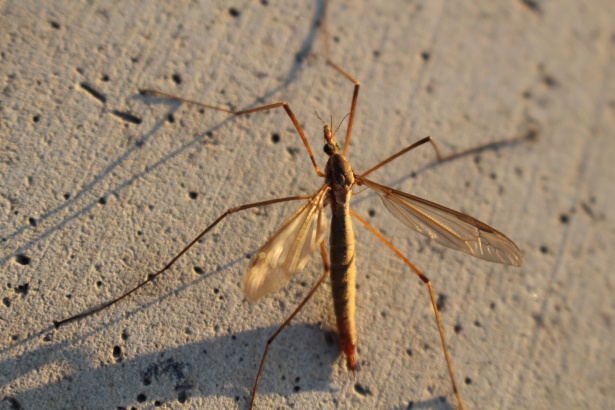On Feb. 1, 2016, the World Health Organization (WHO) classified the ongoing outbreak of the mosquito-borne Zika virus as a global public health emergency. Although the symptoms of the virus are generally mild, health experts believe that the virus may be linked to the increased prevalence of congenital microcephaly, the development of unusually small heads in newborns.
The current outbreak of the Zika virus began last May, and is concentrated in Central America, South America and some islands in the Caribbean Sea. Over 20 countries in these areas have reported active Zika virus transmission, and they are currently taking steps to prevent the spread of the disease and the mosquitos that carry it. The WHO estimates that over 1.5 million people have already been infected with the virus, and that 3 to 4 million more could become infected in the next 12 months.
The outbreak has been accompanied by a large increase in the number of cases of microcephaly, a serious congenital abnormality in newborns that frequently leads to a lower than average life expectancy and severely impaired intellectual development. Between October 2015 and January 2016, Brazil has investigated thousands of reported cases of microcephaly, a substantial increase from the 147 cases in all of 2014.
Experts have theorized that the Zika virus can be passed from a pregnant woman to her child, and it can cause the development of microcephaly. However, current scientific research on microcephaly has not been exhaustive, and other causes of the reported cases are still being explored.
As a result of the current outbreak, the CDC has issued travel notices that include the following recommendations:
· Women who are pregnant or who are trying to become pregnant should postpone traveling to any area where Zika virus transmission is ongoing.
· Individuals traveling to areas where Zika virus transmission is ongoing should take steps to prevent mosquito bites.
Approximately 80 percent of those infected with the virus never exhibit symptoms, but those who do may experience rashes, fever, joint pain, conjunctivitis and more. Although no treatment or vaccine for the Zika virus currently exists, symptoms usually disappear within a week.The CDC believes that the development of a vaccine for the Zika virus will take several years. For more information on the status of the outbreak, visit the CDC’s website at http://www.cdc.gov/zika/



